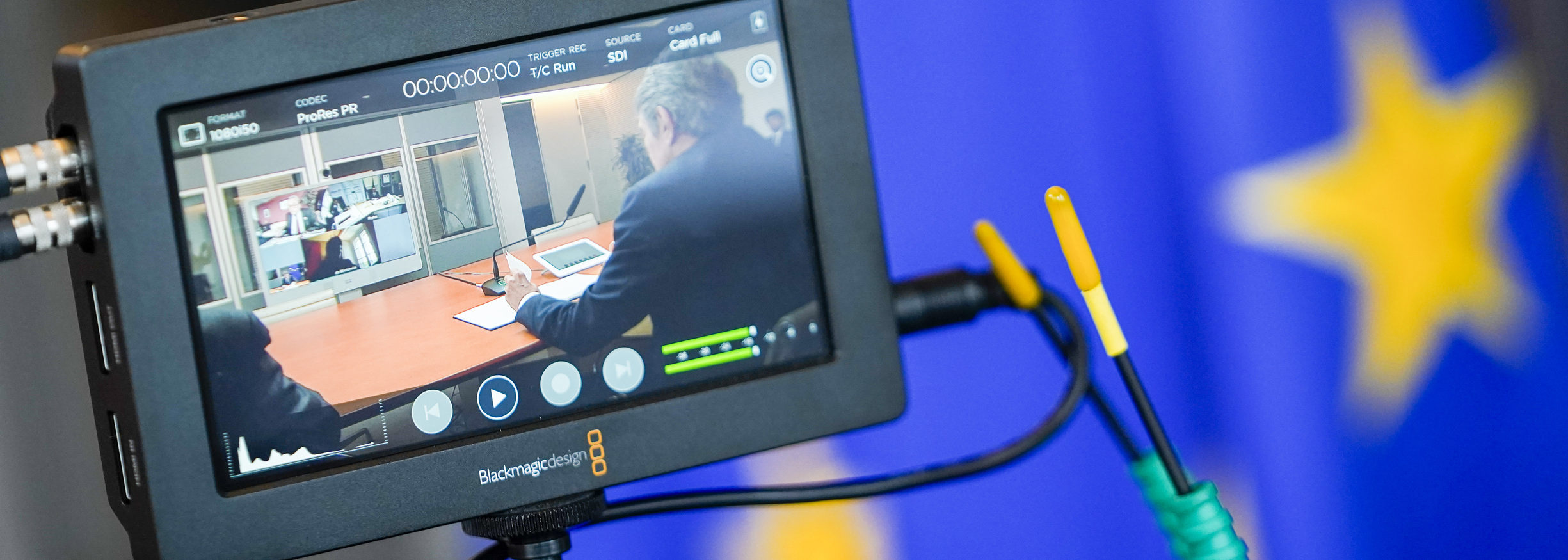What do mediators expect from mediation support?
24/08/2016

Mediating a peace process requires more than a mediator who is winning the trust of conflict parties and guiding them towards an agreement. Successful mediation typically involves a number of experts that support, develop and strengthen the mediation process. Over the past 10 years, mediation support has become an important feature in international conflict mediation. However, to make mediation support more effective we have to address some shortcomings. A new blog series from EIP’s Mediation Quality Programme.
First introduced by the UN Mediation Support Unit in 2006, mediation support has proven indispensable to peace processes. One of its key functions is to provide operational assistance. This can include direct on-site support through the field deployment of staff. Also, it can consist of desk support through analysis and research or help in process design. Further, operational assistance can also cover support in capacity building; strengthening the negotiating parties’ capacities to be involved in the process through confidence building and technical support. Ensuring that such assistance gets from point A (the mediation support experts) to point B (the mediators) is not always as straightforward as it sounds. Challenges remain in stimulating the demand for support from the mediator’s side as well as in tailoring the supply of it by the experts. Key questions we need to ask ourselves are simple: What do mediators really need? And what sort of support do they want?
What is happening on the demand side?
The ‘demand’ for mediation support usually comes from a mediator, or the organisation he/she is affiliated with. The success of a mediator depends on the support provided. No mediator is an island — mediation is a team effort. Nevertheless, it has always been challenging to convince mediators to involve external experts in their work. Why are we faced with this lack in demand? It could emanate from the challenge of getting the message on what exactly mediation support entails across to the recipients. Or mediators may be unconvinced of its usefulness.
One aspect that has proven hugely important in stimulating demand is trust. It is therefore unsurprising that experts who appreciate access to a peace process have invested a great amount of time and effort in establishing personal relationships with mediation processes. As a result, they have been awarded with deeper reciprocal sharing and greater degrees of trust. Trust can thus be a crucial component in linking demand and supply – but it is not something that is quickly established. Newly deployed mediation support experts are often forced to ‘reinvent the wheel’ and actors working within rotation systems face regular disruption, making it extremely difficult to develop and maintain close relationships over time.
Making sure the demand for mediation support is properly stimulated goes further than establishing a relationship of trust. Although attention should be placed on ways to increase the demand for mediation support activities, what is offered by mediation support experts also requires a critical look.
What is happening on the supply side?
The supply of mediation support covers any operational and technical assistance by experts in order to help mediators move the peace process forward. For it to be useful and applicable, support needs to be tailored to the peace process in question. This may sound straightforward, but this is not always the case. That may explain why mediators are not always convinced by the support that is presented to them: what is offered does not always match what they request. But why is this the case? Mediation support experts may be genuinely unaware of what practitioners need or, given their technical expertise, may believe that they have a better understanding of what is needed. On thematic issues such as gender, for example, experts sometimes offer assistance that turns out unfeasible in practice. As a result, the support that is provided seems based on an abstract ideal rather than the reality of a peace process.
Recruiting and maintaining the right expertise can prove particularly challenging. The needs of any given peace process can change substantially over time. Supplying qualitative and readily available expertise that can be applied for long periods of time is thus not an easy task.
Where do we go from here?
The imbalance between what is offered and what is needed in mediation support complicates the provision of tailored and intelligent assistance. We need to rethink the relationship between mediators and experts who provide support. It is therefore important to look at how a stronger demand for mediation support can be achieved, how supply can be better tailored to the needs of mediators, and what options exists to improve the quality of mediation support.
This is the first blog post in a mini article series looking at the challenges of mediation support. The series will also inform an EIP event at the end of August, which will host the field’s foremost mediation support experts to discuss the discrepancy between the supply and demand of mediation support and, more importantly, ways to effectively address it.

